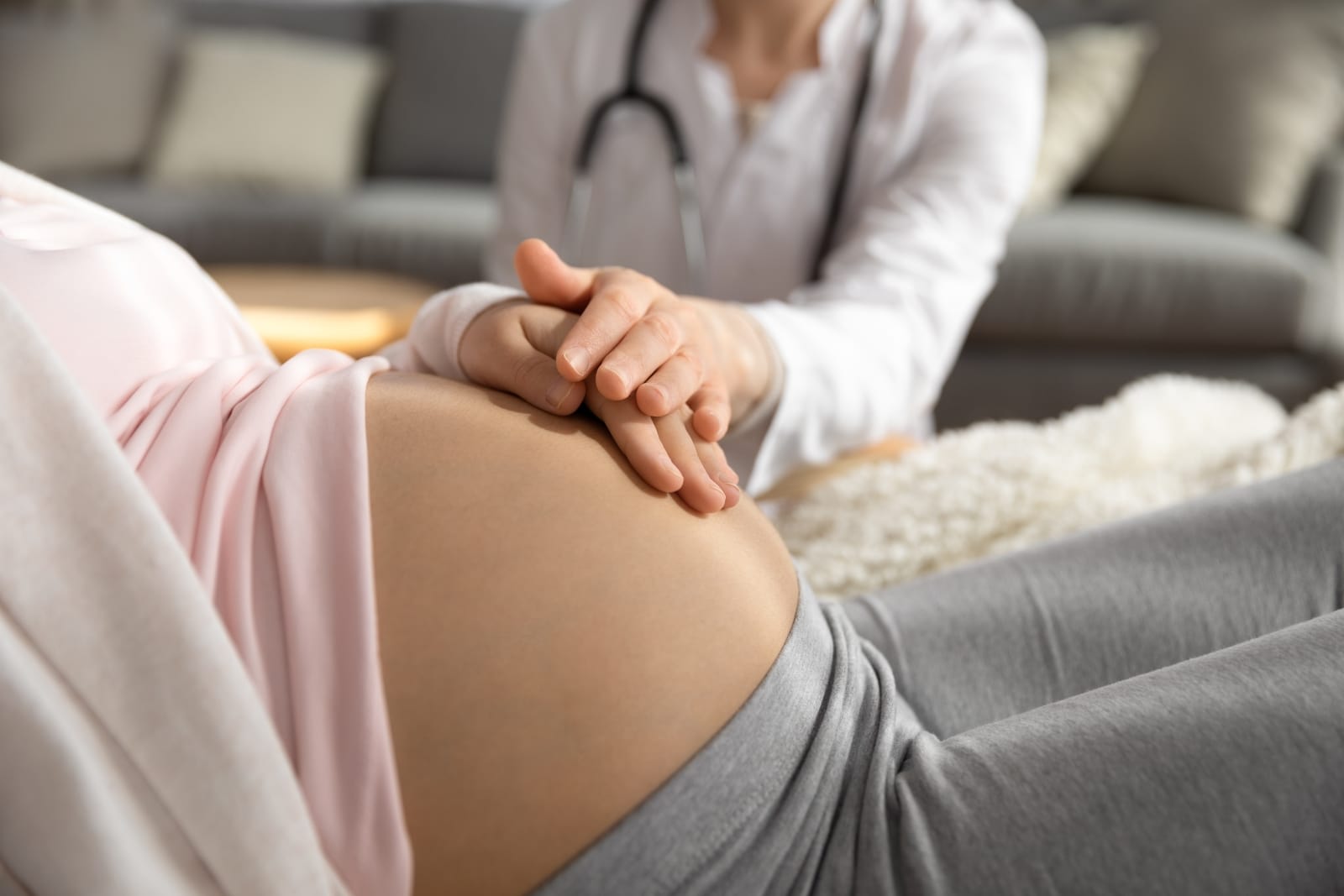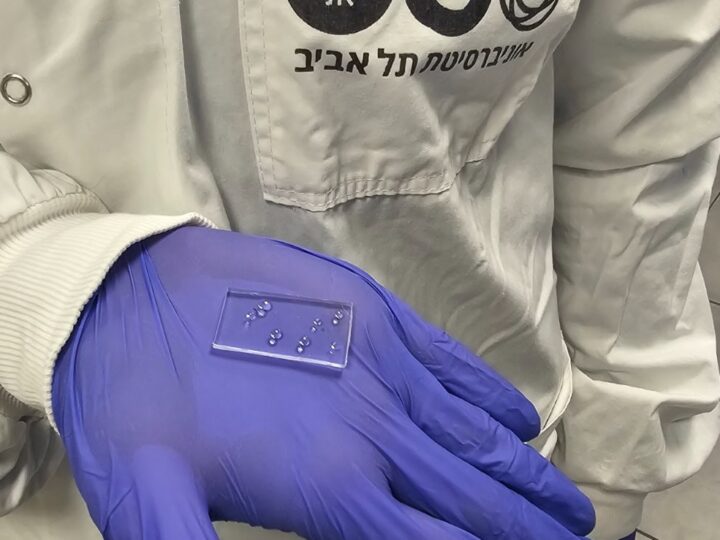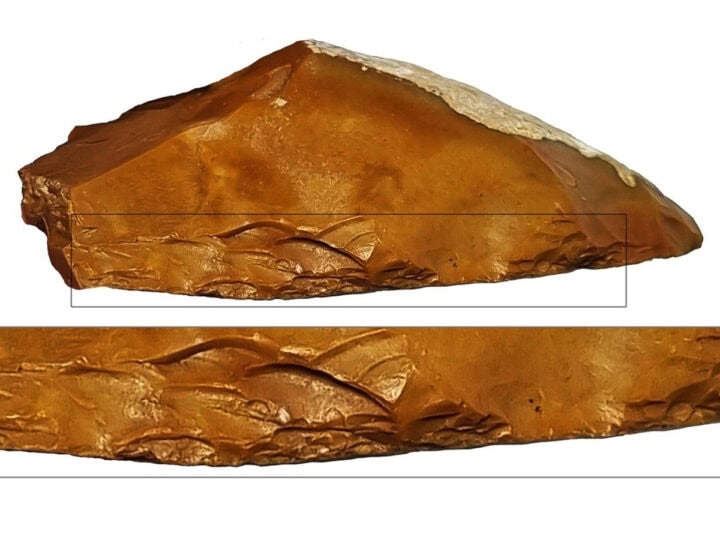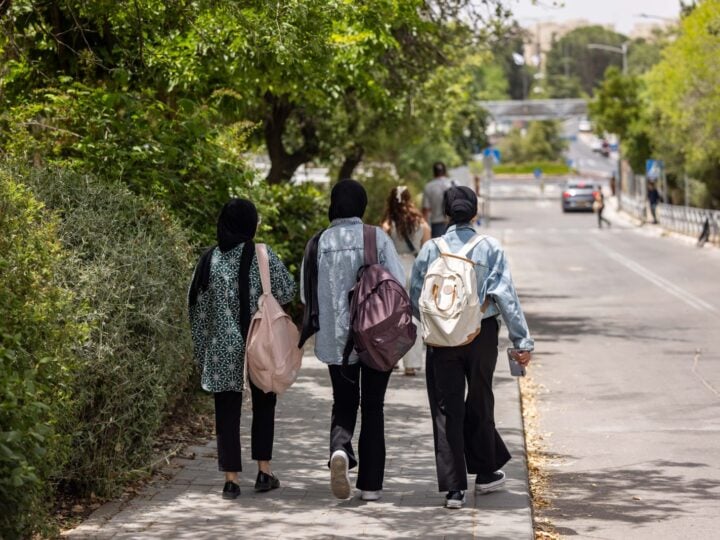Everyone knows the negative effects of ultraviolet (UV) radiation on our skin, but its effect on women’s ovaries appears to be positive, according to a study by Israeli researchers.
They found that in the summer, women between 30 and 40 experience increased secretion of AMH (anti-Müllerian hormone) from their ovaries. They believe this phenomenon is caused by heightened exposure to sunshine.
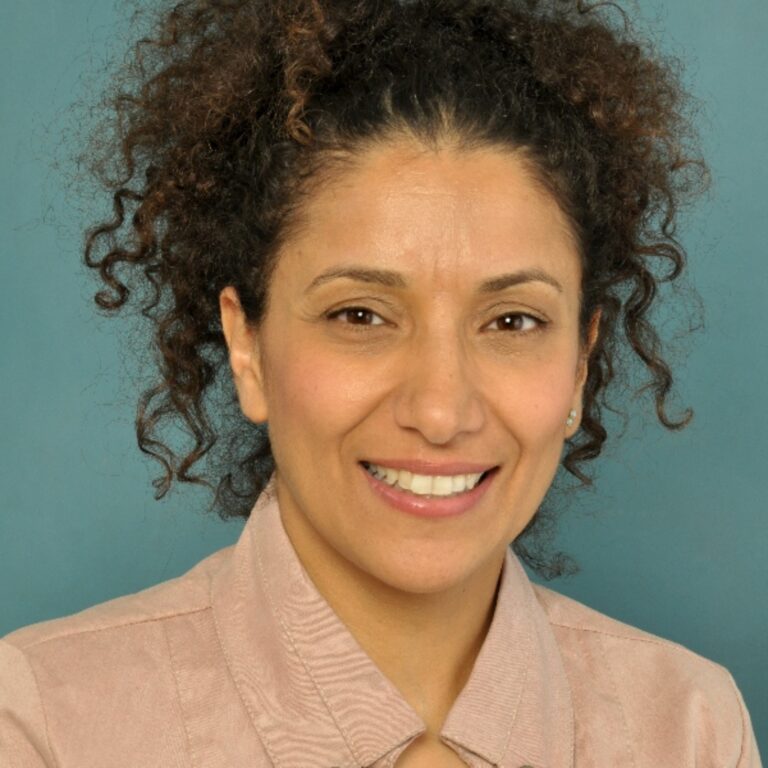
The study was led by Prof. Carmit Levy of Tel Aviv University’s Department of Human Genetics and Biochemistry. Levy worked with PhD student Roma Parikh and Prof. Yftach Gepner of TAU’s School of Public Health. Also participating was Dr. Ruth Percik from the Institute of Endocrinology at Sheba Medical Center. Their results were published in the journal Steroids.
“The ovaries secrete the anti-Müllerian hormone, and its level in the bloodstream is linked to ovarian function,” Percik explained.
“While the hormone level is specific to an individual woman at a given point in time, and does not provide a definitive assessment of the status of her fertility, evaluating its value, trend and comparison to the age group is the best indicator of fertility that we have.
“For this reason, every woman who wants to get pregnant, or is trying to, is sent for an AMH test. In Israel, all of these tests are directed to the central laboratory in Sheba. Our research group investigated the seasonal variability of the AMH tests in order to gauge how the ovaries respond to UV radiation.”
The researchers compared the AMH results of 2,235 Israeli women to the recorded levels of UV radiation. For younger women, aged 20-29, no statistical relationship was found between UV exposure and AMH level.
Among older fertile women, aged 30 to 40, a statistically significant seasonal pattern emerged: These women, whose egg reserves are in decline, responded positively to sun exposure.
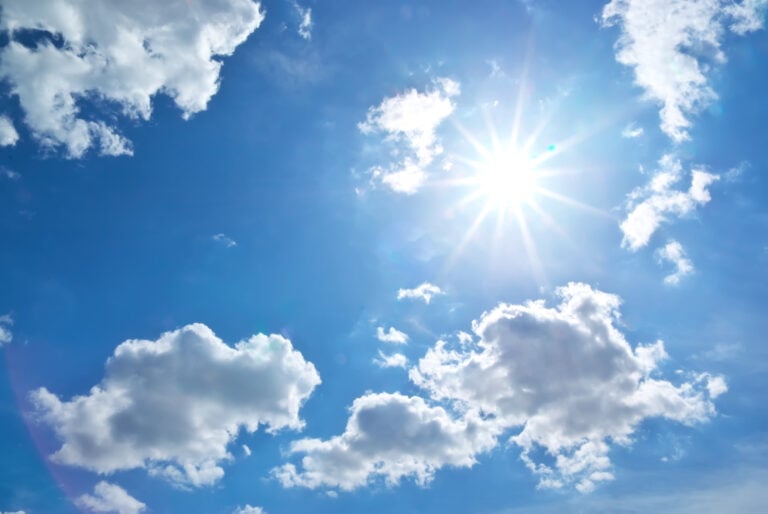
“Based on our prior studies, we can affirm that sun exposure increases metabolism, sexual appetite and behavior, and, at least in animal models, enlarges the ovaries and extends the estrus period,” explained Levy.
“This is a preliminary, pioneering human epidemiological study, and we need to be cautious about inferring a causal relationship between fertility in women and exposure to UV radiation. Humans are not the same as mice. However, we are also animals, our hairless nature makes us even more sensitive to solar radiation. Our research suggests that the female reproductive system is indeed more fertile in the summer, but we still have no information on the mechanism or actual success rates.”
Why isn’t the same phenomenon seen in younger women? Percik said that because they have an ample egg reserve, they are less impacted or dependent on the forces of nature in the context of fertility.
“In contrast, older ovaries need optimal environmental factors in order to function. In fact, this effect was even more pronounced among women aged 35 and older. Of course, there are caveats: Exposure to the sun’s UV radiation should always be done in moderation, and further research is required in order to determine whether such exposure actually helps fertility, and how much exposure is needed.”




